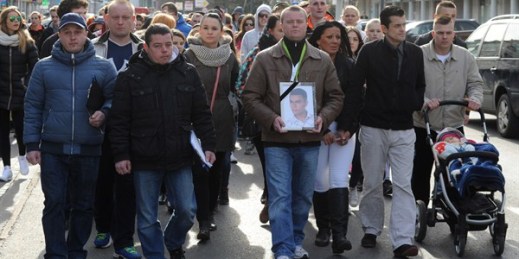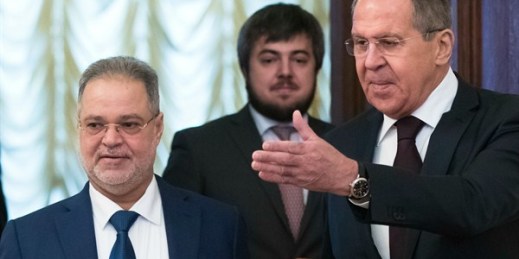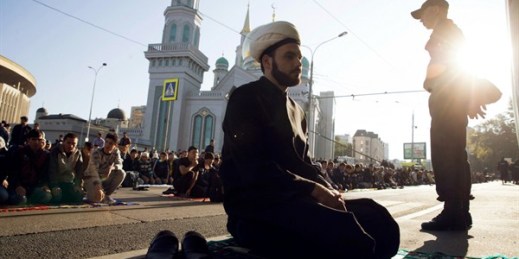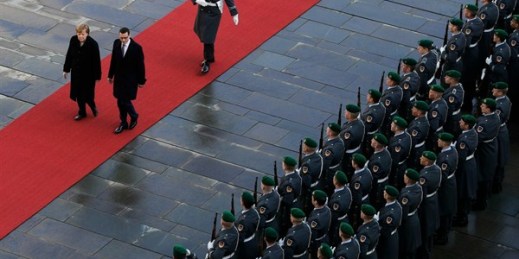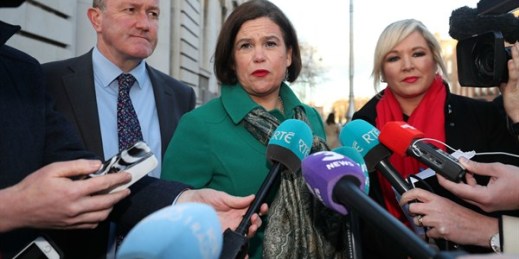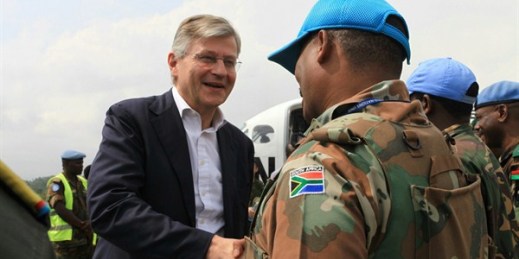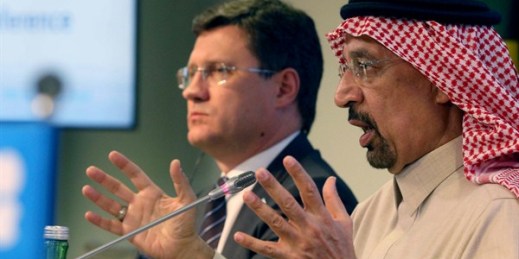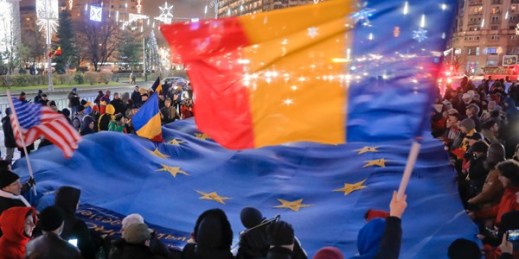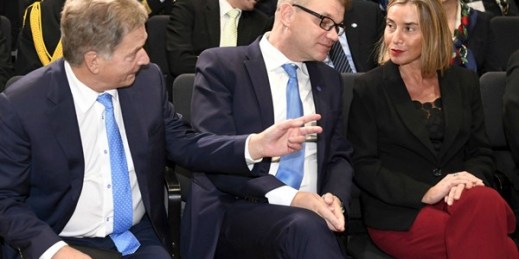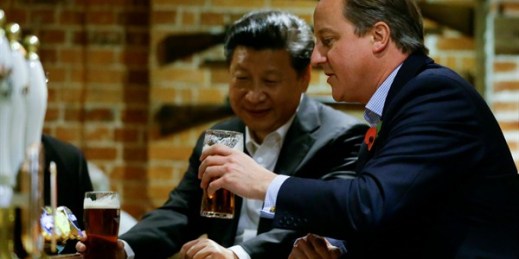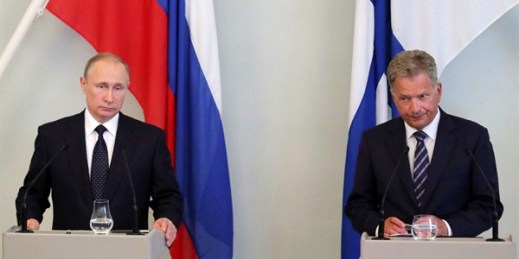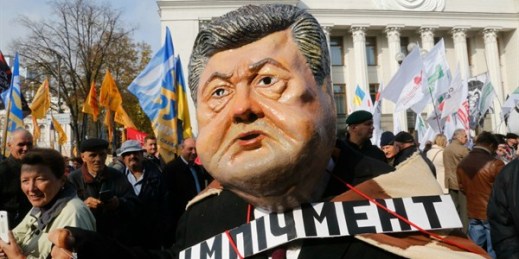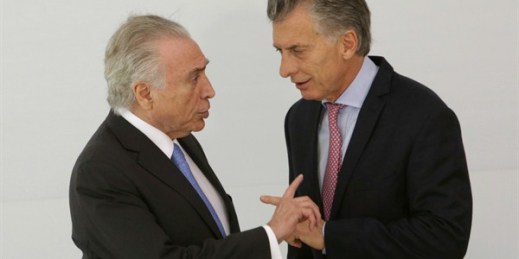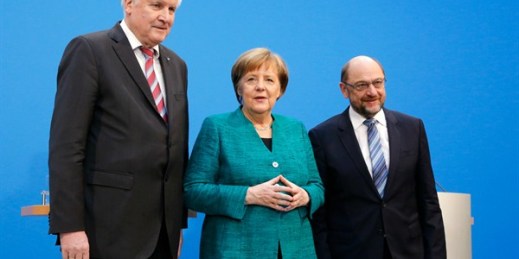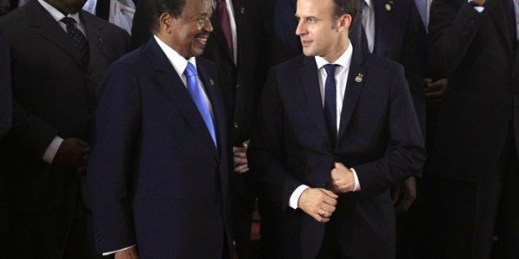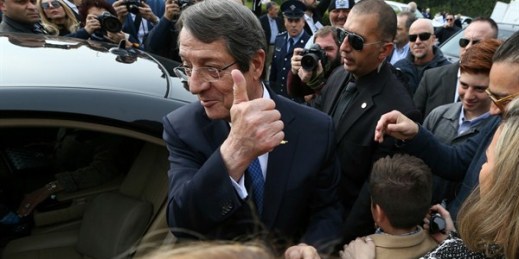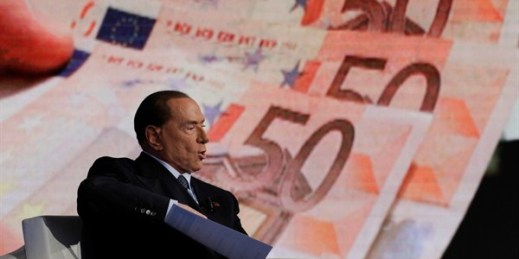
Italians go to the polls this Sunday in a climate of uncertainty, amid fears, not unfounded, that their country’s political stability is at stake. Three main political forces are contending for power: On the right, a shaky alliance of former Prime Minister Silvio Berlusconi’s Forza Italia and two far-right parties, the League and the Brothers of Italy; the maverick and populist Five Star Movement; and the governing, center-left Democratic Party. They are polling roughly in that order, followed by Free and Equal, a left-wing coalition of disgruntled Democratic Party veterans who broke away in 2017. But 30 percent of the […]

